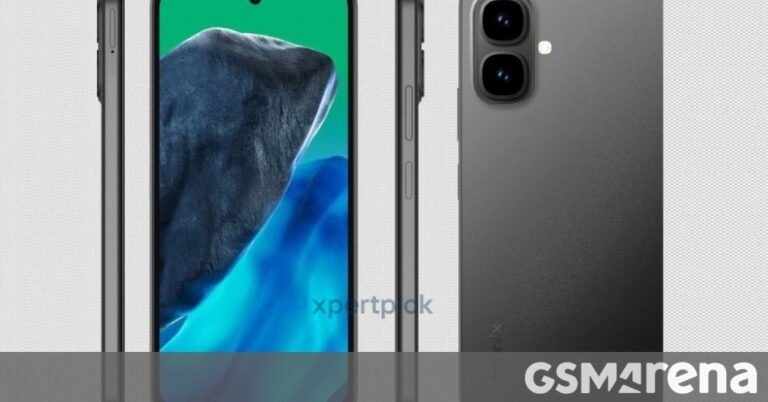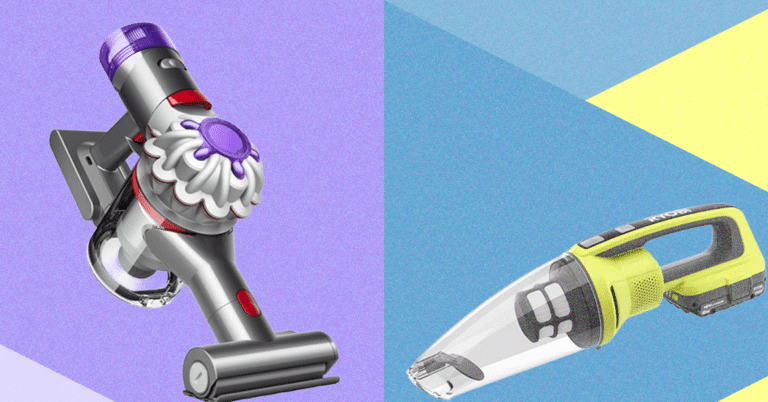4 reasons why I’ll never switch from Android to iOS
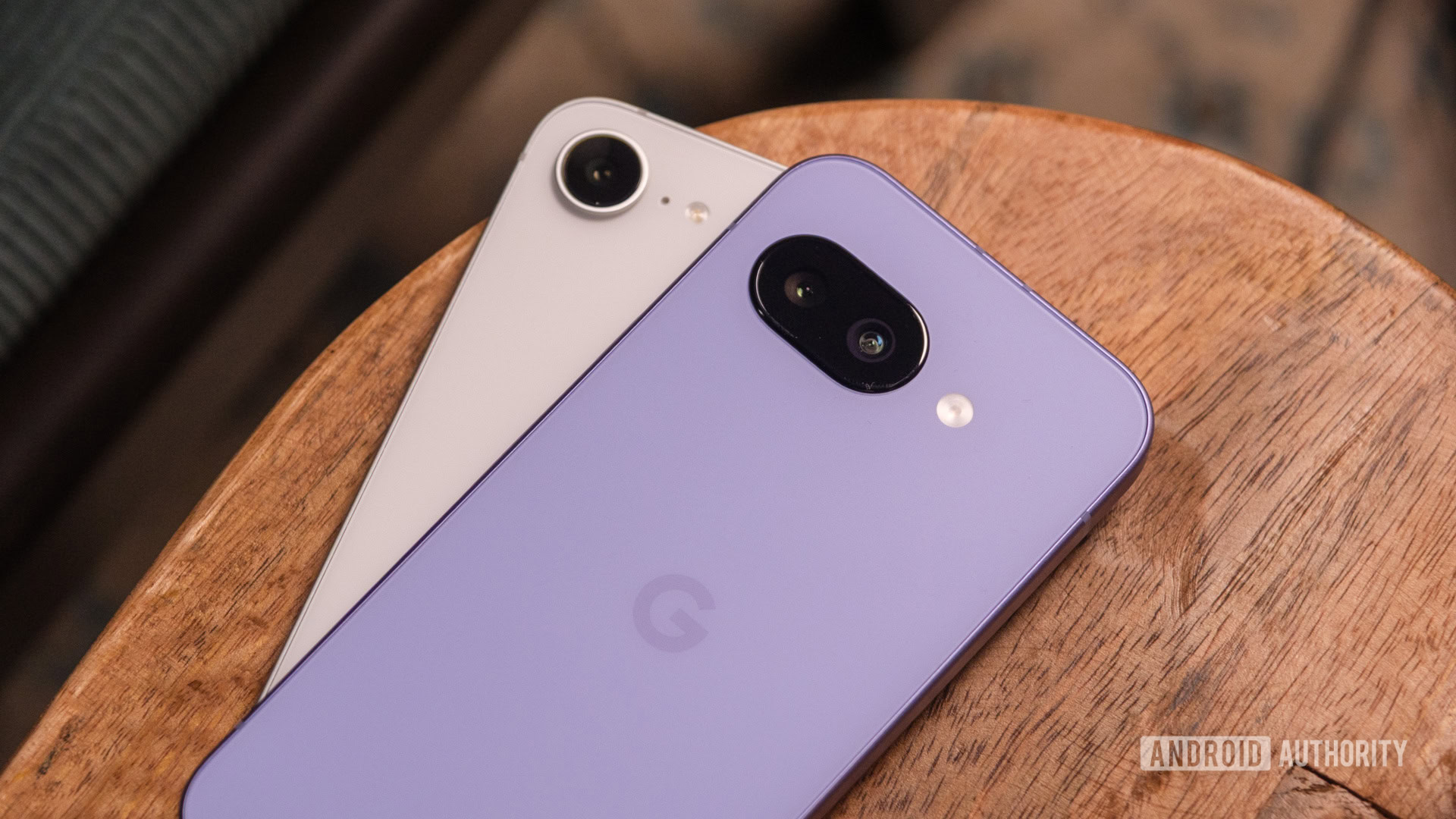
Ryan Haines / Android Authority
I’ve been an Android user since the very first smartphone I bought, which was way back in 2010. But despite being a long-time Android fan, I’m still very familiar with iPhones and iOS. I’ve had plenty of hands-on experience with Apple products over the years, and I even own an iPad that was gifted to me and is currently tucked away in one of those drawers I never open.
Apple’s iOS is a great operating system, and iPhones are undeniably capable phones. Regardless, you couldn’t pay me to switch over. Here are a few reasons why.
Would you ever switch from Android to iOS?
2 votes
1. The freedom of choice
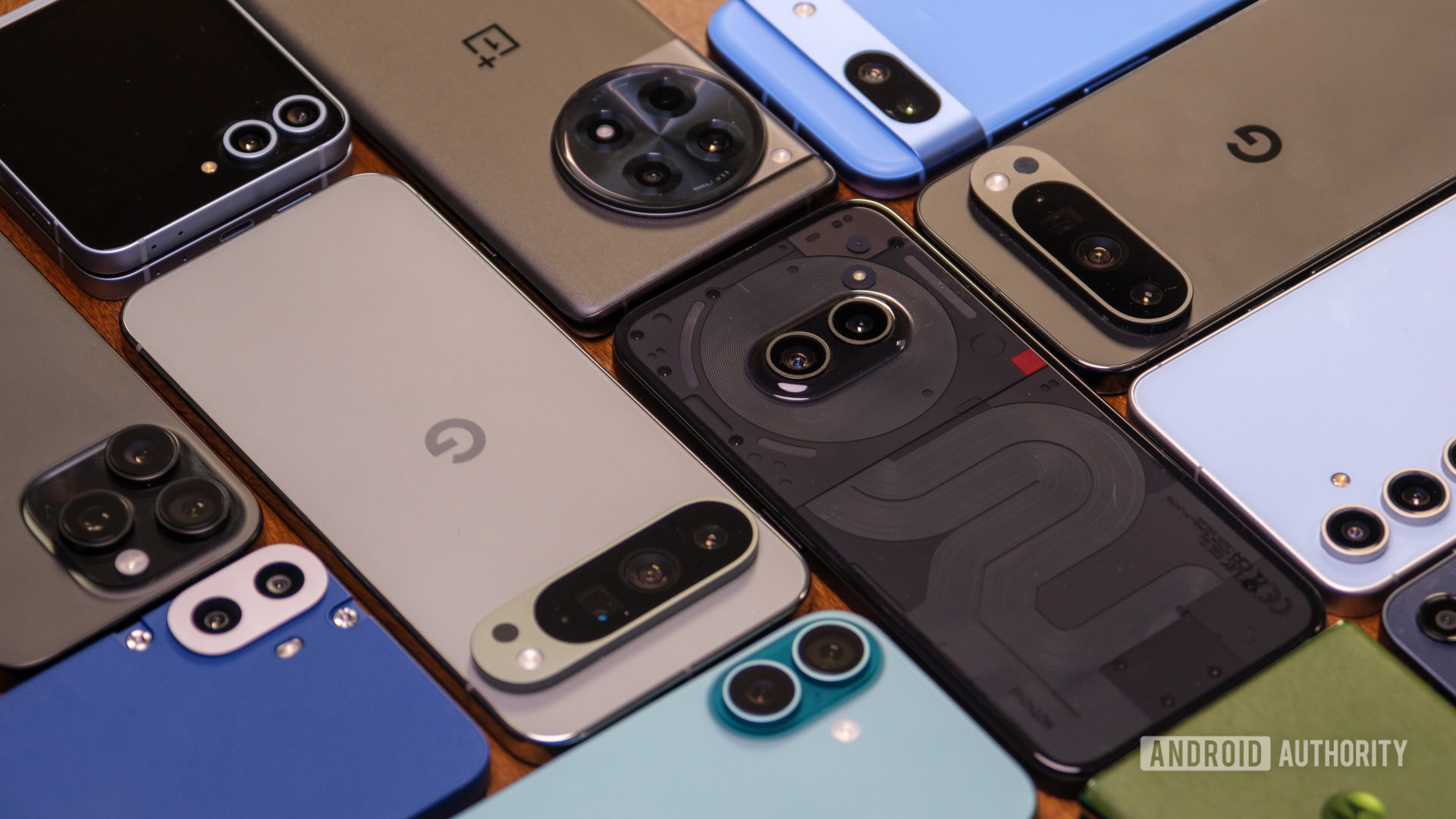
Ryan Haines / Android Authority
Android powers phones from dozens of brands, creating a massive selection of devices. Regardless of your demands for specs, pricing, or unique features, you’ll almost certainly find a phone that suits your preferences. From high-performance gaming phones and foldable marvels to budget-friendly powerhouses and camera-centric flagships, the variety is staggering.
iOS is a different story, as it only runs on iPhones. Each year, Apple releases a handful of new devices, most of which share a similar design philosophy. Aside from the more budget-conscious 16e model — which isn’t for everyone — the choices are generally limited to the premium tier. While some may appreciate this simplicity, as it makes the purchase decision easier, I find it restrictive.
I love the vibrant competition in the Android market. Manufacturers like Google, Samsung, OnePlus, and many others are constantly trying to one-up each other on price, performance, and innovation. This fierce rivalry benefits the consumer, leading to a dynamic and exciting market. Having used phones from LG, HTC, Google, and HUAWEI over the years, I can appreciate how each one brought a unique identity to the table. In comparison, Apple’s yearly iPhone lineup often feels a lot more predictable.
2. A proper app drawer and a clutter-free home screen
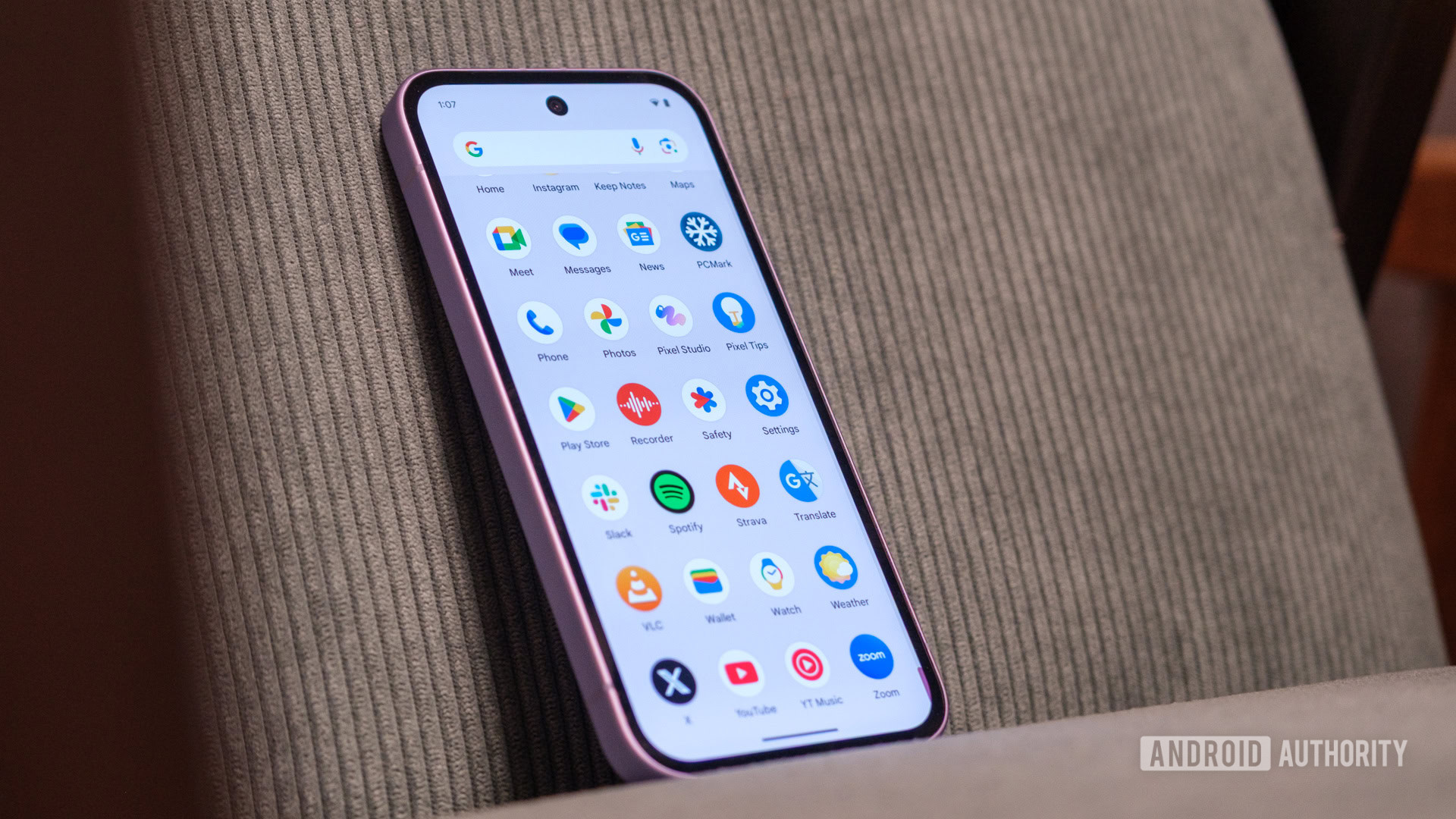
Ryan Haines / Android Authority
A key difference between Android and iOS lies in how they handle app organization. While iOS has introduced the App Library, which automatically categorizes apps, it still doesn’t match the simplicity of a classic app drawer for me.
On Android, I can curate my home screens to be clean and minimalist.
On Android, I can meticulously curate my home screens to be clean and minimalist, containing only my most frequently used apps. Everything else is tucked away neatly in the app drawer, accessible with a single swipe or tap. I hate clutter, and an app drawer allows me to keep my digital space tidy and focused.
With iOS, while the App Library helps, the default behavior is still to place every new app on a home screen. This requires me to then manually move it or rely on the App Library’s automatic sorting. I prefer Android’s straightforward approach: my home screen is my curated space, and the app drawer is the comprehensive list. It’s a simple distinction, but it fundamentally changes how I interact with my phone for the better.
3. Support for launchers
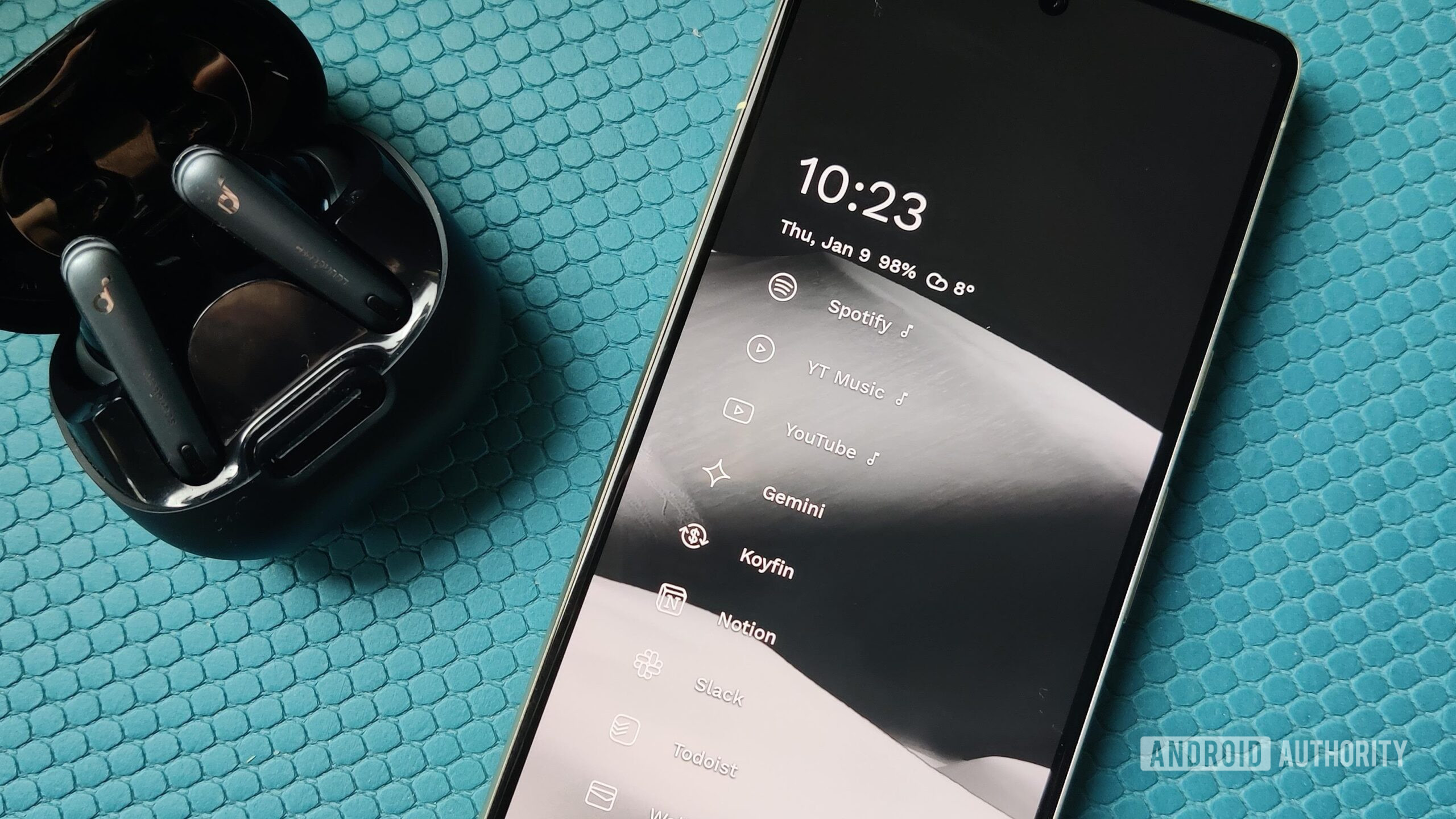
Mitja Rutnik / Android Authority
What truly sets Android apart for me is the depth of its customization. The single best example of this is support for third-party launchers, which can completely change the look, feel, and functionality of the operating system. It’s like getting a brand-new phone without having to buy one.
I’ve tried numerous default launchers, with Google’s Pixel Launcher and OnePlus’s OxygenOS being personal favorites. However, for years I used Nova Launcher to add powerful features my stock launcher was missing, like custom gestures, advanced folder controls, and icon pack support.
For the last year, I’ve been using Niagara Launcher. Its minimalist, list-based design is a radical departure from the standard grid layout. It also has brilliant contextual features, like automatically suggesting my music apps as soon as I connect my headphones.
iOS has certainly improved its customization with home screen widgets and the Shortcuts app, but these options pale in comparison to the transformative power of a dedicated Android launcher. On iOS, you are fundamentally stuck with Apple’s core user interface. On Android, your only limit is your imagination.
4. The power of familiarity
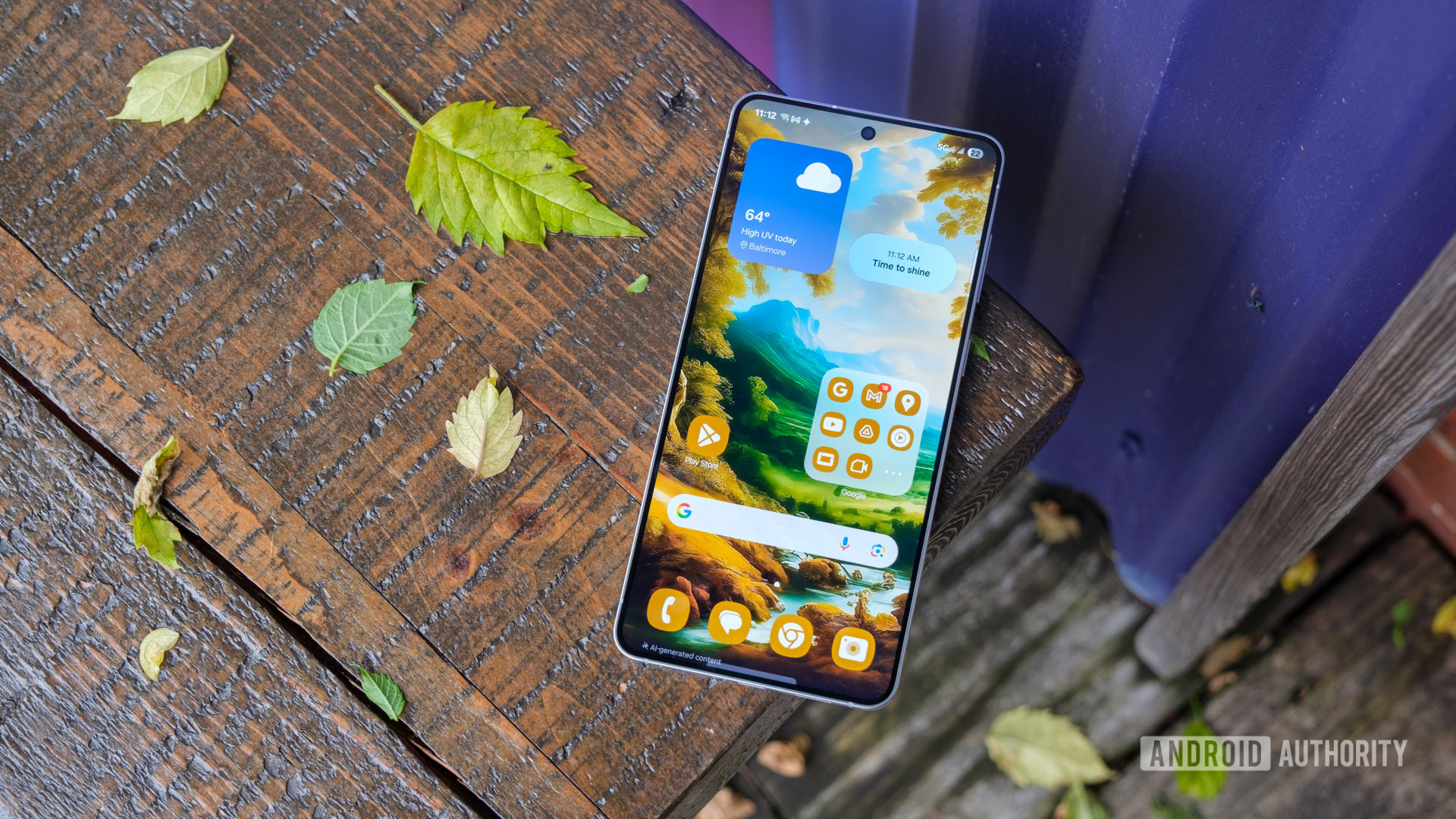
Ryan Haines / Android Authority
This might seem like a minor point, but after more than a decade with Android, my habits are deeply ingrained. I know the system inside and out, and I can navigate the various settings and features with ease, regardless of which manufacturer’s phone I’m using.
Switching to iOS would require me to unlearn years of muscle memory. I experience this frustration every time I use my iPad, which doesn’t happen that often. Simple actions require conscious thought. For example, Android has a universal back gesture — a simple swipe from the left or right edge of the screen — that works across almost every app. On my iPad, I often have to hunt for a “back” button in the top-left corner in specific apps, which completely breaks my flow. It’s a small difference, but it’s one of many that makes using iOS feel inefficient to me.
Beyond the major points, there are dozens of smaller features and quality-of-life advantages that keep me on Android. While Face ID is excellent technology, I still prefer the option of a fingerprint scanner. It’s faster in certain situations (like when my phone is on a desk) and feels more reliable to me.
While the latest iPhones have an always on display, the implementation on many Android devices offers far more customization. I can choose different clock styles, see persistent notification icons, and control exactly what appears, all with minimal battery drain.
And as someone who uses Google’s ecosystem extensively, the integration on Android is seamless. Gemini is more deeply embedded, Google Photos works flawlessly with my camera, and managing files with Google Drive feels more native.
For me, the choice comes down to a preference for variety, control, and openness over the streamlined but closed ecosystem Apple offers.
What about you? Would you ever consider switching from Android to iOS? Let me know in the poll and share your reasons in the comments.
Would you ever switch from Android to iOS?
2 votes

